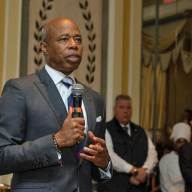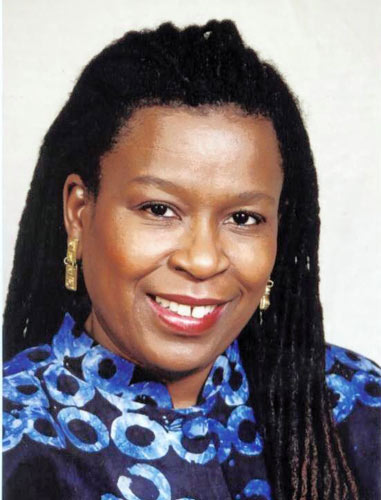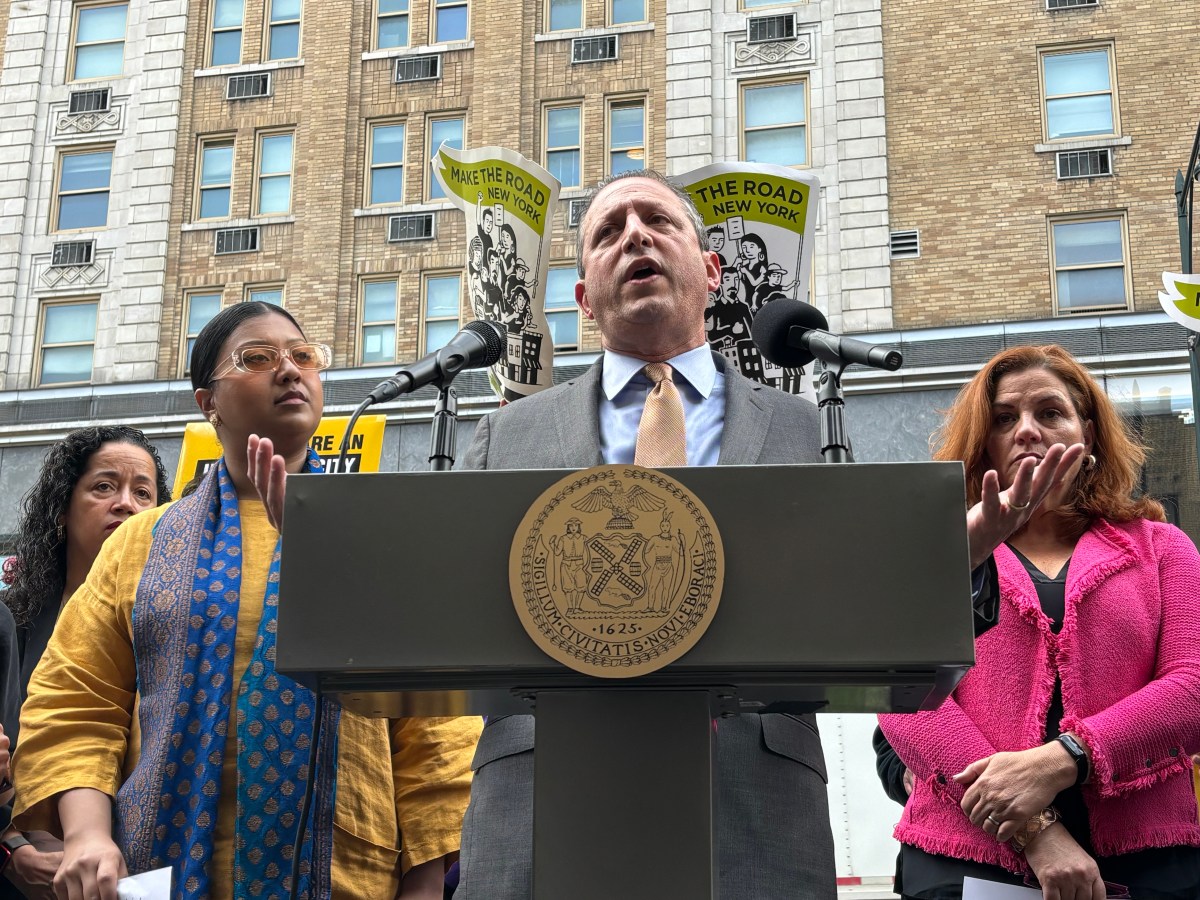A Georgetown University constitutional law professor, Lewis Michael Seidman, raised some eyebrows when he opined this week on network TV that the U.S. Constitution was an “ancient and outdated document” that didn’t have much relevance for today’s America. One might be tempted to take the charitable view that those who think to manipulate the nation’s founding document every which way on an ongoing basis are simply on board with the professor’s read of the Constitution (including the Bill of Rights Amendments that quickly followed) as having become an anachronism. Better believe it’s a bit more sinister than that.
It never fails to amaze how fervently some embrace the Constitution as a rally cry in pursuit of this or that goal in some struggle; and have no problem turning on a dime, ripping the very document when it doesn’t serve them quite as well. The Constitution then becomes not the outmoded peculiarity of Prof. Seidman’s analysis, but a pliant tool.
The current fever-pitch debate on gun violence gives as good an insight as one might desire about the Constitution, or more specifically the Bill of Rights, supplying ammunition (so to speak) for the pro-gun side of the argument. But surely the professor’s characterization of the founding document(s) as “ancient” would have sprung from language like that found in the opening line of the Second Amendment: ”A well regulated militia being necessary to the security of a free state…” That, in time, the people bearing arms was no longer necessary for maintaining a militia was seen not to matter. The right to bear arms, as we’ve said here before, has been paraded and parroted by its advocates as if two centuries’ worth of history have not rolled by.
It looked quite odd to see on the tube recently a female wondering why incidents like the Newtown, Conn. horror should trigger all this discussion and political posturing about banning assault weapons, limiting the size of clips and all the rest. Unabashedly pro gun ownership carte blanche, she nevertheless couldn’t but engender speculation about there really being female equivalents of the procession of firearms fanatics we’ve heard from post-Newtown. (In truth, one needed only to dial up the image of a certain Alaska governor to get with the program on guns and the distaff connection.)
By contrast, included in what followed in the wake of President Obama’s November victory, we keep hearing, are moves being made in some states to acquire the capability to even overturn the verdict returned by the people through their most potent weapon, their vote. With the Electoral College system agreed on by the framers for deciding presidential elections, the Constitution set down how the electors of each state were to be chosen. Winner of the popular vote in the state would be entitled to the state’s electoral vote i.e. a number equivalent to the sum of the state’s member(s) of the House of Representatives plus its two senators. Republican control of a number of state legislatures and governorships, along with possession of many gerrymandered House seats, have apparently set off hysteria-driven designs on a recalibrated formula for selecting a state’s electors, which would make possible a loss for the true presidential winner.
The Constitution, so beloved for its “right to bear arms,” looks to be deficient and ripe for unscrupulous overhaul in some quarters when a Barack Obama is able to twice win the presidency. And there can’t be much doubt that the “bearing arms” crowd and the folks ready to upend the instruments of democracy that would give Obama a second Oval Office turn are pretty much of similar ilk.
One of the other sizzling issues of our time, choice for women, provides one of the more illuminating examples of the hollowness of the conservative element’s mantra to “get government off our backs.” The right to privacy, enshrined in the Bill of Rights, is obliged, in the conservative view, to defer to the state’s right to prohibit termination of pregnancies, even when properly conducted by a licensed physician. When the Supreme Court’s Roe v. Wade decision in 1973 declared such action by the states unconstitutional, it was open season on what had now become the law of the land, states employing whatever ingenious methods could be found to circumvent the law.
Again, it was constitutional provisions being laid aside by advocates of a particular cause, even where their advocacy, in this instance, gainsays the basic tenet of their hands-off ideology relative to government. The most disgusting incidence of this governmental readiness for overreach into private lives was perhaps George W. Bush and some out-of-control House Republicans poised to write legislation to allow their intervention in the Teri Schiavo case to stop her husband’s order to pull the plug on the comatose woman.
Repeatedly has the Constitution been subjected to this yo-yo action – held aloft with standard bearer pride one minute, trampled upon the next. By some of the very same players. The professor may well be right: discard this relic and work on a model equal to these times. But who’s kidding whom? Given today’s Washington as a point of reference, re-framing what was done in Philadelphia is a thought that’s likely to dissipate real fast.


















